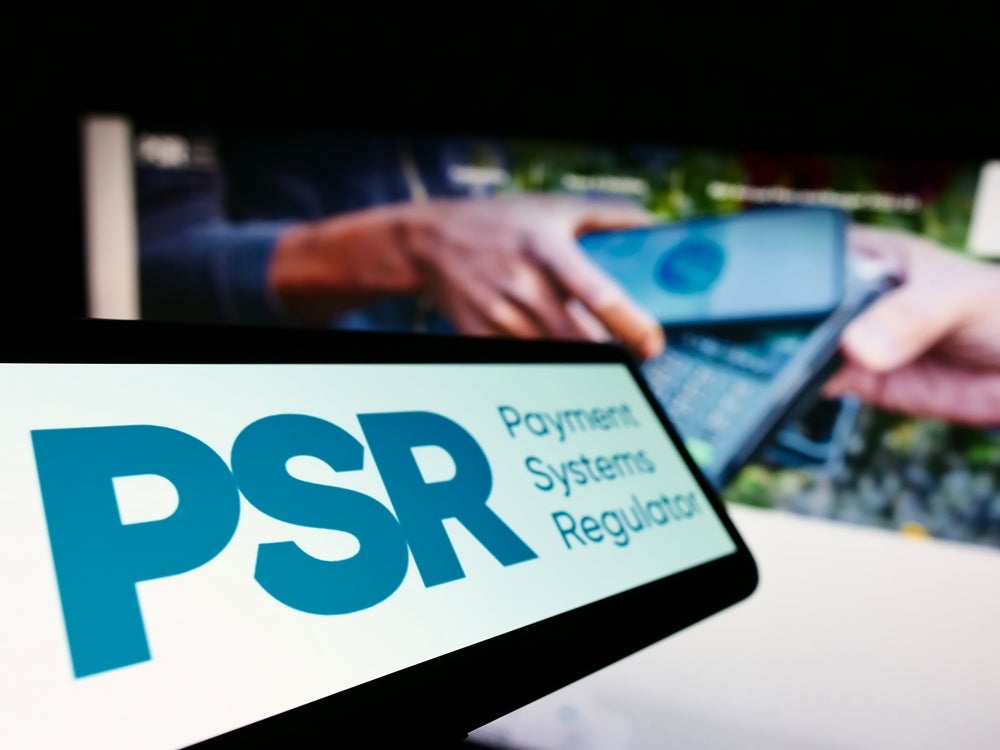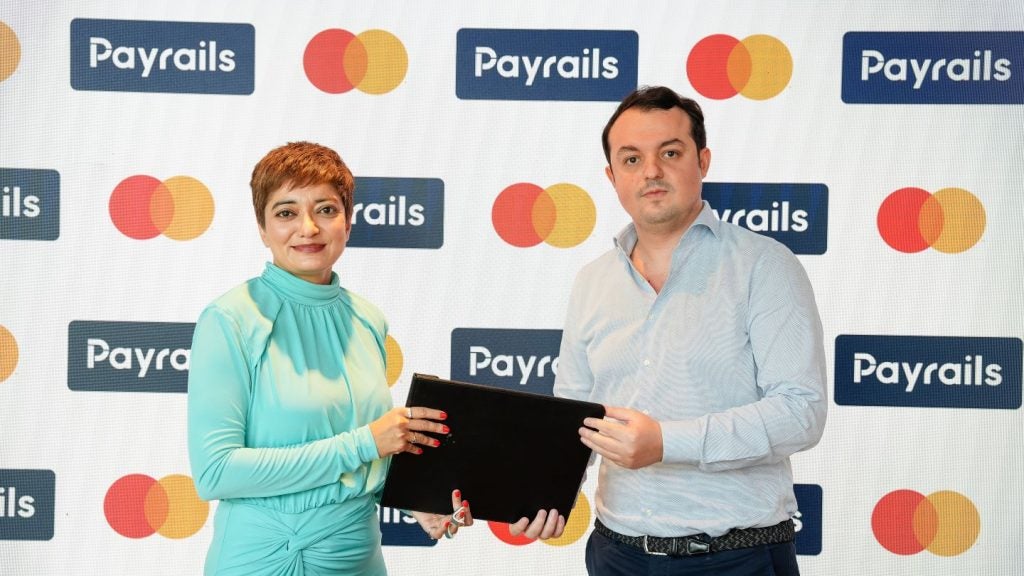Fintech company Velmie has introduced a blockchain-powered remittance platform to allow fast cross-border payments at a low cost.
Currently, the new platform supports more than 30 currencies globally. Its currency conversion engine is backed by live market feeds and revenue optimisation algorithms.
Customers can use a mobile wallet application to create accounts and transfer funds to friends from their address book. Users will also be able to make QR payments and manage payment cards, among others.
According to Velmie, blockchain-powered mobile wallets are efficient, secure and transparent for international transactions.
Contrary to intermediaries with the formal banking network, payments depend on distributed ledger technology (DLT) with blockchain wallets.
Blockchain is considered suitable to process remittances due to security associated with the transactions, said the company. Records are checked by a computer network instead of a party or bank.
How well do you really know your competitors?
Access the most comprehensive Company Profiles on the market, powered by GlobalData. Save hours of research. Gain competitive edge.

Thank you!
Your download email will arrive shortly
Not ready to buy yet? Download a free sample
We are confident about the unique quality of our Company Profiles. However, we want you to make the most beneficial decision for your business, so we offer a free sample that you can download by submitting the below form
By GlobalDataIn addition, payments can be viewed by all parties compared to storage in a central database.
Velmie added lower costs and quick payments as the major benefits related to blockchain-powered mobile wallets versus standard bank international payments or money transfers.
In a statement, the company said: “The process is also more convenient and less administratively intensive. Given that payments are made from mobile wallet to mobile wallet, the recipient does not need a bank account.
“Blockchain also simplifies the Know You Client regulatory requirements by enabling individuals and businesses to create a self-sovereign identity, which allows them to manage and own their digital identities, including their accounts and personal data.”







